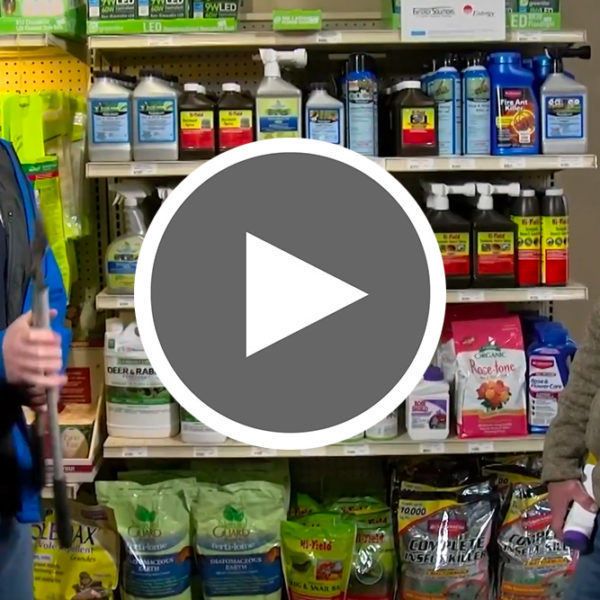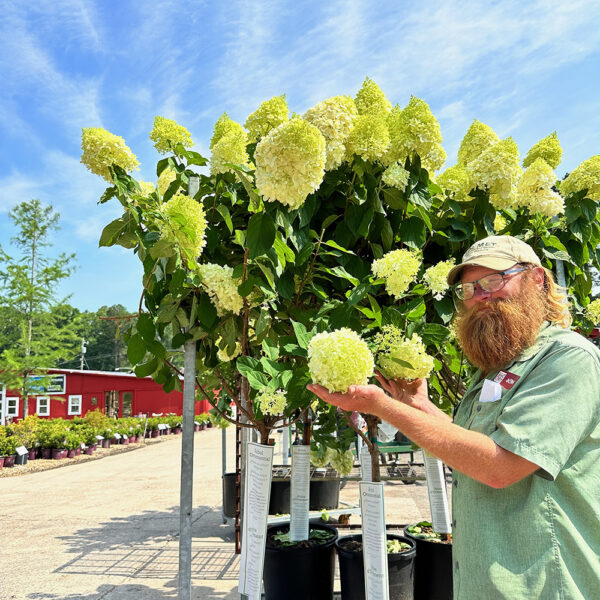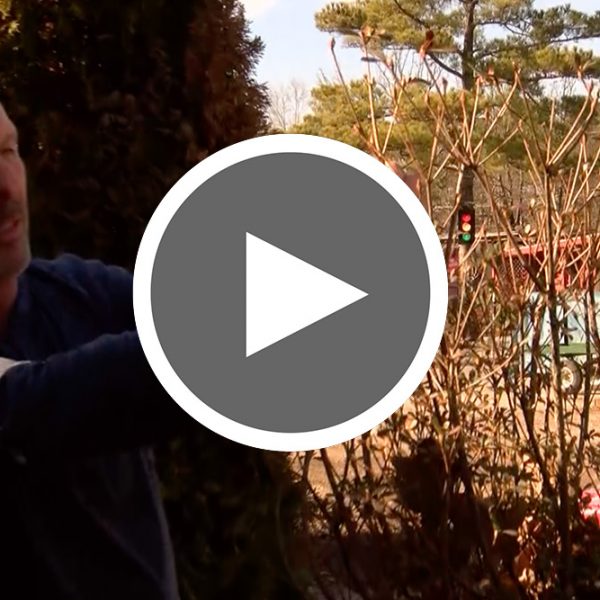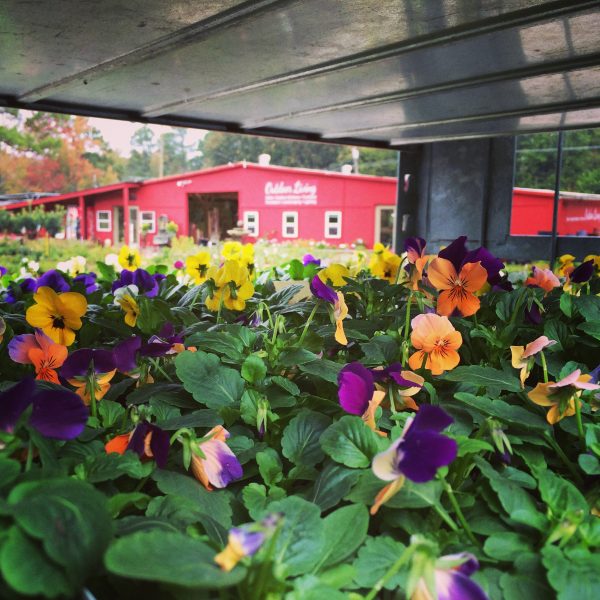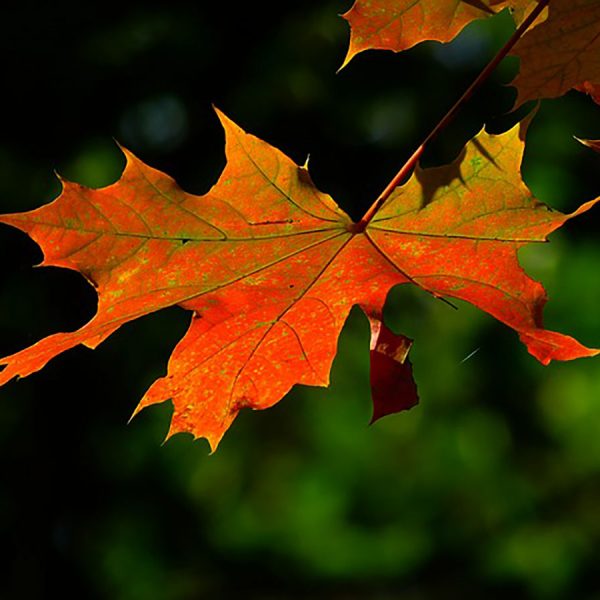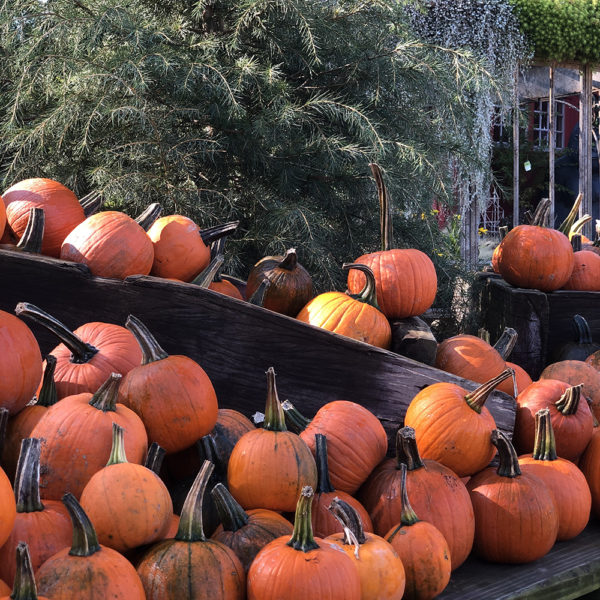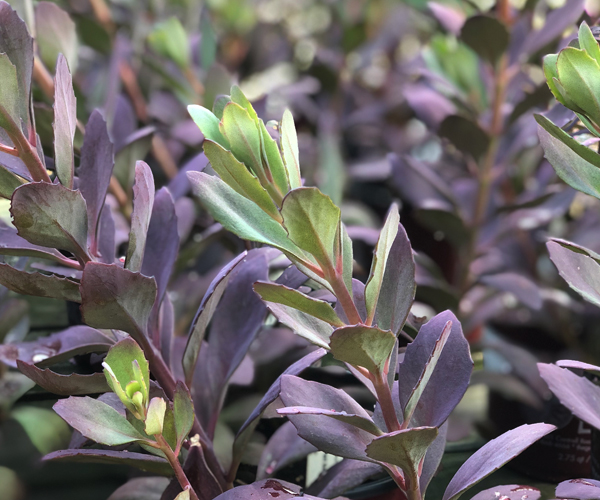Seasonal Tips
Chemical Labels
Read how to get tools ready for spring and tips on taking care of your chemicals.
What is an Arkansas Certified Nursery and Landscape Professional?
Arkansas Green Industry The Arkansas Green Industry Association, AGIA (formerly the Arkansas Nurserymen), is a professional trade organization dedicated to serving the Green Industry and the advancement of horticulture in the State of Arkansas. About the Arkansas Certified Nursery and Landscape Professional Program As stated on the Arkansas Green Industry website, the Arkansas Certified Nursery… Read more »
Protecting Shrubs from Winter Damage
Learn why some of our landscape plants are showing winter damage, how to identify the damage, and how to address it and give plants what they need to come out of dormancy successfully.
Save time next Spring by following these simple steps now!
Learn how amending your soil, applying pre-emerge, planting spring bulbs and more will save you time and help make your landscape look professionally installed next spring!
Top 10 Reasons to Plant Pansies
With cooler weather finally here and summer annuals looking a little worn from lack of rain, it’s time to think about fall color, specifically pansies, violas and panolas. Never planted fall color before? Here are the top 10 reasons to plant pansies this year! 1 Plant now and enjoy easy care, blooming color throughout fall,… Read more »
Arkansas…Goodbye Summer, Hello Fall!
Learn about some key gardening chores you will want to do this fall
Our Favorite Pumpkin Recipes
What says fall more than pumpkin? How about baking a pumpkin to use in pumpkin themed recipes instead of using canned? If you have been to the grocery store and looked for pumpkin puree recently, there is a good chance you came up empty handed due to the can shortage. But worry not, it’s simple… Read more »
Tough, Sun Loving Sedums
Perennial sedums have so much to offer! Yes, they are tough, sun loving perennials but that isn’t the end of their great garden characteristics. These plants are succulents, which means they have leaves and other plant structures that hold water. The stored water can be utilized when the plants are in need and not receiving… Read more »
